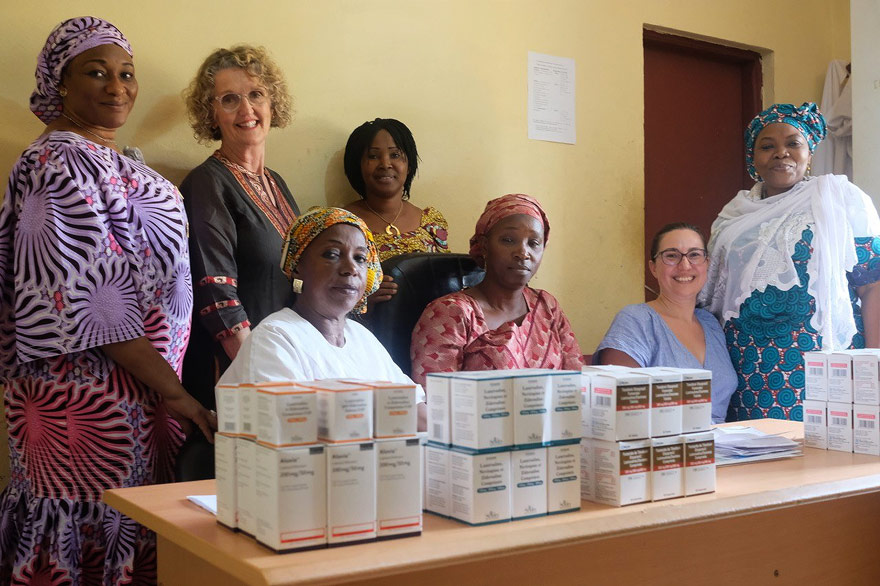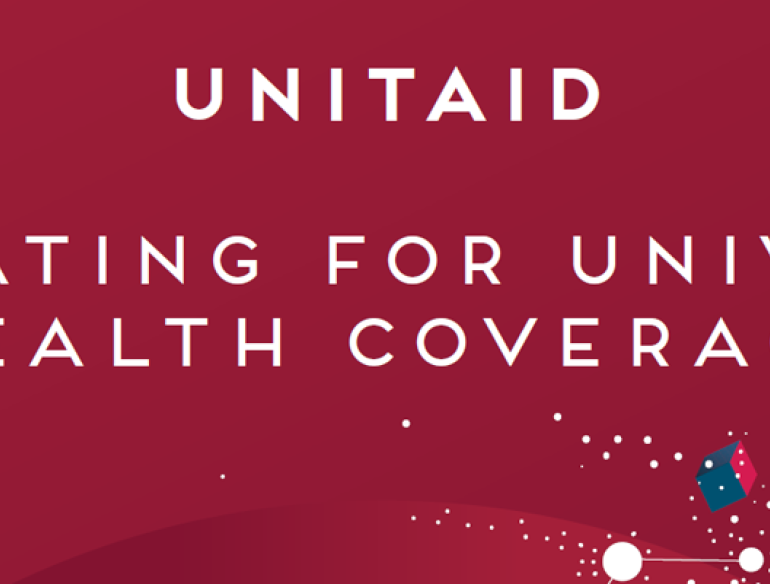Research from the Kirby Institute at UNSW Sydney has been featured in a report from Unitaid that highlights the need for innovation to achieve universal health coverage. The report has been released alongside a Financial Times special report into universal healthcare, which encourages world leaders to commit to introduce Universal Healthcare by 2030.
Unitaid is an international organisation that turns great ideas into ground-breaking health solutions. Unitaid fund the Kirby Institute’s D2EFT trial, a large-scale international trial which aims to determine the most efficient second-line treatment for HIV. Globally, there are almost 38 million people living with HIV, most of whom are in low income countries. For one in ten of these people, the initial HIV treatment offered to them will not keep their infection in check. These people need an alternate, ‘second-line’, HIV treatment. D2EFT is designed to find the best simplified treatment for these people.
The simplified treatments being tested through D2EFT will have significant benefits if they prove to be as effective as the current standard-of-care. They:
- allow second-line treatments to be formulated as a single pill with fewer side effects
- avoid the need for specialised tests (HIV gene drug resistance testing)
- reduce the costs of the medication
- simplify fragile heath care supply chains
- allow nurses and assistants to prescribe second-line treatment (as they do initial treatment)
 The Kirby Institute's Cate Carey and Emmanuelle Papot with pharmacists in Guinea, where the D2EFT trial is being rolled out.
The Kirby Institute's Cate Carey and Emmanuelle Papot with pharmacists in Guinea, where the D2EFT trial is being rolled out.
Unitaid’s universal health coverage campaign champions collaborative innovation as the key to combatting global health challenges. Through partnerships with organisations like the Kirby Institute, Unitaid aims to make medicines more affordable and easier to administer. The first round of results from D2EFT are expected in 2021.
The Financial Times Special Report on ‘innovation and universal health coverage’ was commissioned by Unitaid with support from partners around the world, including the Kirby Institute.
